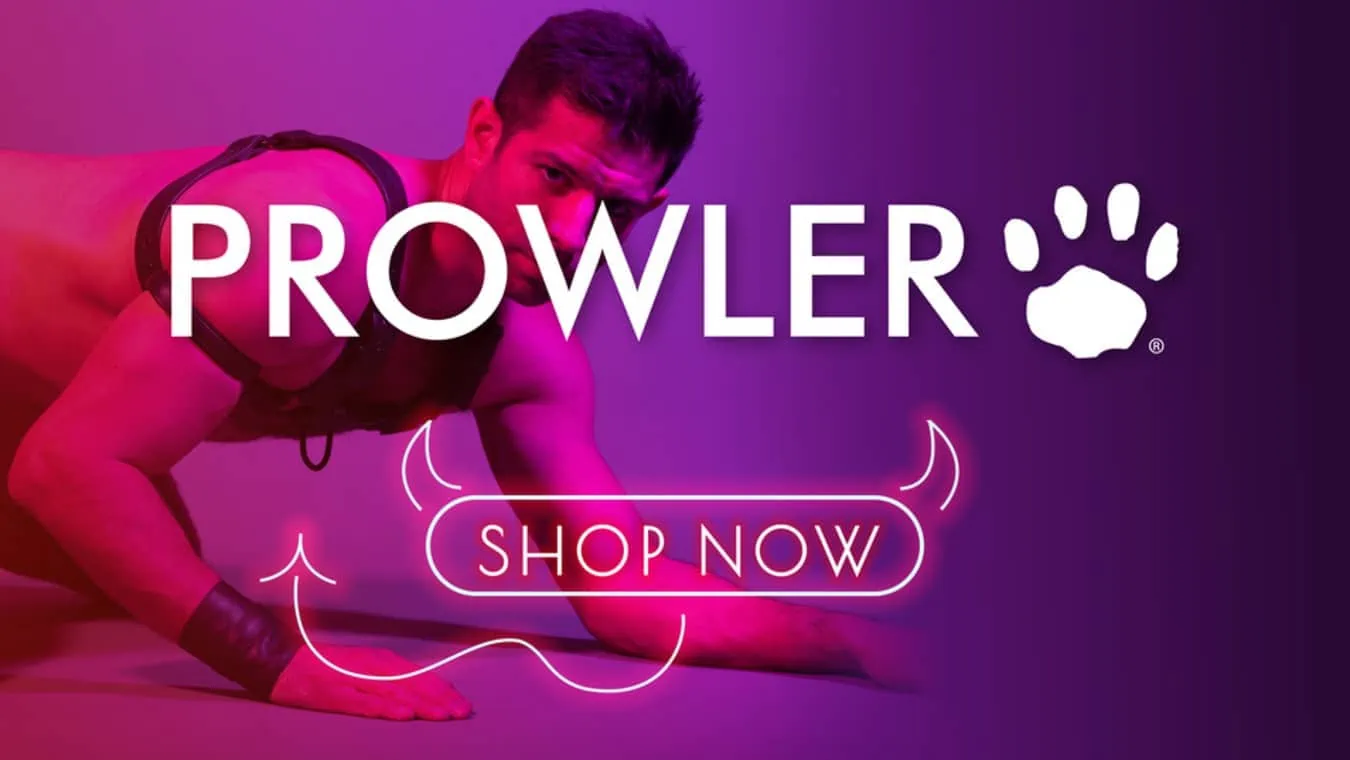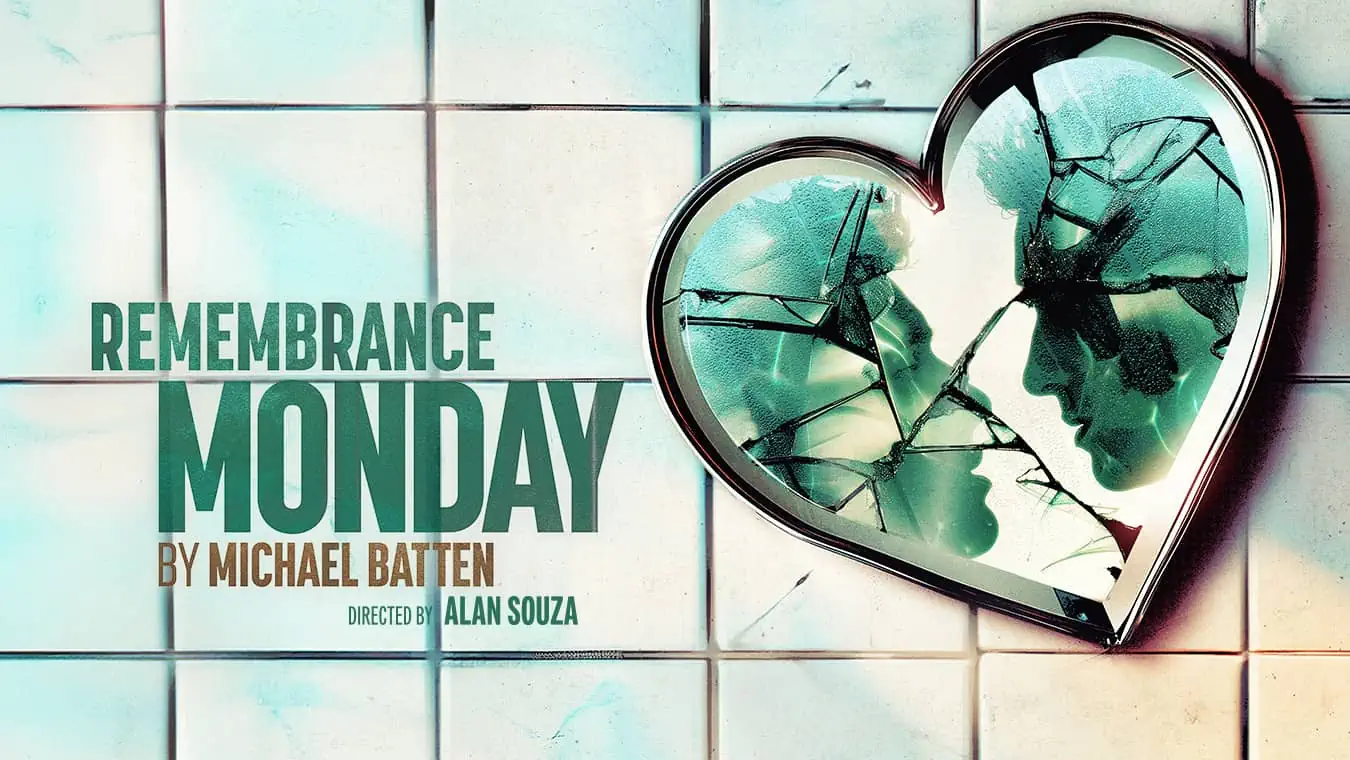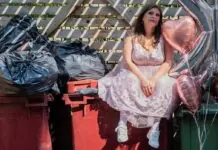An interview with the directors and some of the stars of the Sex Workers’ Opera.
Why did you decide to set up the Sex Workers’ Opera?
It was kind of a magical coincidence. We have an immersive theatre company that was on the look out for new, powerful ideas that works with grassroots community groups and give platform, and through community music workshops we met someone called Clouds Haberberg who had a female only feminist opera company before and had just become aware of the subtleties of sex workers’ views and how they interact with feminism and they mentioned the idea to us and gave it to us to produce, and we had links in sex work activism and a tremendous passion for community arts, and so it all came up from there and we spent months researching and developing our links with the sex workers’ community and gaining the trust of the various action groups that already exist and had our first meeting and it was incredibly well-attended. It was just held in a university room that we got for free. We spent a long time publicising it through existing sex workers’ networks and community groups, through escorting websites and through trawling through people’s profiles and individually messaging people, through Grindr for gay male workers and through word-of-mouth. What we’re really proud of is the people who came to the first meeting are not necessarily people who were already engaged in activism or who had their own communities around their work; one of our members came all the way from Devon and had no sex worker friends and suddenly they’re in a room full of people going through similar experiences and different experiences to them. So we had people from all walks of life which is really special.
Okay, that’s explained how sex workers got involved – what were the biggest obstacles you found that sex workers expressed about their profession?
Sex workers are massively spoken about, they’re all over art, they’re all over opera’s history, La Traviata for example, sex work is not unspoken about, but who is it spoken about by? It’s constantly spoken about by writers who are curious about the subject because it’s taboo and it’s weird and it’s exotic, but often older, white, male writers, quite privileged, who are in the arts, who maybe have had very little interaction with sex workers, and who, if they had, would be from a client perspective. It’s a word that’s so little spoken about by the community group itself and sex workers are so tired of being spoken for, in politics, in the media, in art, constantly, that absolutely, inevitably, we set about to break this stigma and stereotypes, but we didn’t have necessarily an agenda of saying ‘we believe this or that’ or having a specific opinion so much as the opinion that sex workers should speak for themselves.
What’s the most positive aspect of the show?
To look at the show we have to look at the workshops, that’s what community art is, it’s not just a show for a public audience, the creation of it by the community group where every word of each song is written by someone who’s involved and who’s got sexual experience and agreed upon as a group in terms of what people want it to be represented as, the process itself, the workshops were incredibly impactful on people, especially people who had had no performance experience before, had done nothing on stage before, people who hadn’t had a sex workers’ community group and people around them who had shared experiences and with which they could go ‘yes, that happened to me as well’ and ‘yes, I’m tired of that’ and ‘yes, it’s really difficult when my friends assume this of me’ and all those kinds of things that came out, so the process is just as important as the product. Absolutely it’s a show for an audience and a particular moment in time to learn a lot and have access to that world, but also it’s just as much as about a community group finding their solidarity and being reminded that their experiences are true and that they have been misrepresented and finding power in realising that they have a common struggle and a common plight.
Did anything come up that surprised you?
Artistically for example, obviously as a co-director I come up with ideas but it’s up to the group to decide, so one of the ideas I had was ‘oh people think of sex workers as always this archetype in lingerie wearing very little clothes’ and so for the last scene we proposed wearing this huge cloak fabric and for everyone in the show to walk out into the audience in this flowing dress that we were all wearing and to be a different image to the archetype, and the whole group said ‘no, I don’t want that’. And they decided in the last scene to come out in the cloak and then drop in and say ‘I’m going to be in my lingerie, I’m going to walk in amongst you, I’m going to walk amongst my Mum who’s come to see the show and I’m going to be there and be unashamed and I don’t see why I should have to change what clothes I wear to earn your respect.’ So that was a surprise for me, certainly.
And for the fundraiser, how did you get these well-known gay scene acts to take part?
It’s very clear that sex work experience and issues intersect with the LGBTQIA + community disproportionately, not in a negative way, in terms of men who do sex work, a much larger proportion of them are LGBT, gay, queer, so it’s a community that’s really affected by it. It’s a community in which, from what I understand, it happens a lot and it’s less spoken about. So with women ere’s more of a clear line of ‘okay, now you’ve started doing sex work’, but with gay men and Grindr there’s a lot of men slightly sex working, slightly not, doing transactional sex for careers, all kinds of spheres in which there’s transactional sex that is less spoken about and that becomes a blurred intersection with sex work. Also in terms of burlesque and drag performance on some levels some people say that any show in which you are showcasing sexuality, getting naked, taking clothes off and playing with that and getting paid for performing in that context is sex work insofar as it falls into sex and it’s an industry of sex performance, like burlesque. It’s obviously up to burlesque dancers, pole dancers, strippers, to decide for themselves whether they want to self-identify as sex workers but certainly they can be seen as working within the sex industry and therefore can be affected by sex workers’ issues. And we had a wonderful response from queer performers who came to see the show and said ‘how can I help you out? I’d love to perform for you’, which was a real honour.
Finally, what would you like people ideally to walk out of the full show feeling?
The more I’m surrounded by sex work activism and issues, and the more we become aware and politicised, the more I could definitely say I would vouch for decriminalisation, I would vouch against the Swedish model, I would vouch against these very specific things. But actually in terms of a commonality for sex workers worldwide and a single undeniable essence that should be distilled, the key element is still what we began with: listen to sex workers. If you want to talk about sex workers, about politics that affect sex workers, about friendship and love of sex workers, of family and having sex workers in your community, start by asking sex workers themselves what their impression is and what their desires of representation are. The last show in the opera is ‘Listen to Me, Listen to Us’ and that transcends politics or specific legislation or decriminalisation, ‘Listen to Us’ is a universal thing, which transcends sex work.
Toby Have’s Story
A male sex worker going under the pseudonym of Toby Have gives us his story…
I have been a sex worker for about a year and a half, I got into sex work through Grindr actually, and through being skint and someone was really pushing to have sex with me and I didn’t necessarily want to have sex with them. And I said ‘well, look, you can pay me if you like because I’ve heard that’s that something that happens’ and they said ‘yeah’.
It was a very interesting first experience because I went over for an hour and I said £30 and I ended up staying for four hours while he jerked a flaccid penis at me and shouting a fake name I used.
After that I learnt ‘this is something I can do and it’s something I can do to pay the rent and that’s legitimately fine, I’ll set my own boundaries and say an hour’s an hour and leave after an hour and I’ll say money up front and I won’t work for less than £150 and whatever’.
To be honest I’ve had a really unrocky journey into it, I’ve got supportive and open-minded friends around me which is really special and I know a lot of people don’t have that and through being involved with the opera I know a lot of people are so isolated when they’re doing sex work.
Also I am aware that being male, there’s almost this sometimes even coolness of ‘I get paid to have sex’, the whole male pornstar-ness of ‘I get paid to be sexy on screen’, I feel that a lot more than my female sex worker friends where there’s this whole taboo of the ‘harrowed woman’ and historical whorephobia that they experience and I don’t get exposed to and don’t have tos feel that I’ve suddenly crossed the line and I’m a harrowed man.
I see on Grindr how people offer massages for £30, there’s this spectrum of sex work that’s really interesting. I use Grindr more than people I know who use other websites, other websites haven’t worked for me much, Grindr works for me because there are a lot of horny, generally older men who get to a point where they do it.
One of the songs I contributed to in the show came from an experience where I felt like the client I was with, this much, much older man in his sixties wasn’t just seeing me as an object of beauty but seeing his younger self in me and there was this element of narcissism that was really interesting, an element of him reclaiming his youth by having a night with him. So I kind of let him go to town by saying things like ‘I love you’ and show me photos, and it was really quite special, anthropological experience in which I learnt a lot about someone and the whole lifetime they’d been through and that was really quite special and I’ve been very lucky in that I’ve been able to have safe and positive sexual experiences.
One thing that’s been really invaluable to me has been the Sex Workers’ Breakfast which happens every Wednesday at the Common House in Bethnal Green, where we just talk about our work and open to anyone who is a current sex workers. It’s been really special to have that community hub available.
It’s really useful for me and the show that we have a public statement saying we’re 50% sex workers but no one has to say that they are, because I work in education, I work with kids, and I can’t really be known publicly as a sex worker. And it means that we can all be in different publicity shots without necessarily being worried that I am a sex worker but still knowing that I’m combating stigma just by the act of possibly daring to be a sex worker.
Book tickets for the Sex Workers’ Opera Christmas fundraiser here: http://swoxmas.eventbrite.co.












